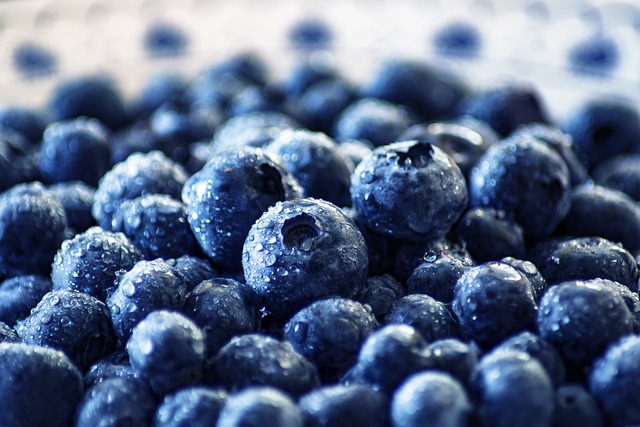Unveiling the Secrets: How Probiotics Boost Immune System Function
Probiotics are live microorganisms that provide several health benefits when consumed in adequate amounts. These beneficial bacteria are often associated with promoting a healthy digestive system. However, their benefits extend far beyond that.
The Immune System and its Importance
The immune system is a complex network of cells, tissues, and organs that work together to defend the body against harmful invaders such as bacteria, viruses, and fungi. It acts as a defense mechanism to keep us healthy and protect us from infections and diseases.
A strong immune system is vital for overall well-being. It aids in fighting off pathogens, preventing recurring infections, and maintaining optimal health. When our immune system is compromised or weakened, we become more susceptible to illnesses and take longer to recover.
The Link Between Probiotics and Immune Function
Research has shown that there is a strong connection between gut health and immune function. Approximately 70-80% of the body’s immune cells are located in the gut-associated lymphoid tissue (GALT), which lines the digestive tract. This is where probiotics play a crucial role.
Probiotics help maintain a balanced and diverse gut microbiota, which is essential for a healthy immune system. They promote the growth of beneficial bacteria while inhibiting the growth of harmful microbes. This balance is necessary for optimal immune function.
Enhancing Immune Response
One way probiotics enhance immune response is through their ability to stimulate the production of antibodies. Antibodies are proteins produced by the immune system to identify and neutralize harmful pathogens. By promoting the production of antibodies, probiotics strengthen the immune system’s ability to fight off infections.
Furthermore, probiotics can increase the activity of natural killer (NK) cells. NK cells are responsible for recognizing and destroying infected or cancerous cells in the body. Studies have shown that certain strains of probiotics can enhance NK cell activity, thereby boosting immune surveillance and defense mechanisms.
Reducing Inflammation and Autoimmune Reactions
Inflammation is a normal immune response that helps the body heal and fight off infections. However, chronic inflammation can lead to various diseases and autoimmune conditions. Probiotics have been found to have anti-inflammatory effects, helping to reduce inflammation and prevent excessive immune responses.
Studies suggest that certain strains of probiotics can modulate the immune system and prevent it from overreacting, reducing the risk of autoimmune reactions. This is particularly beneficial for individuals with autoimmune conditions such as rheumatoid arthritis, inflammatory bowel disease, and allergies.
Bolstering Gut Barrier Function
The gut barrier is a protective layer in the intestinal lining that prevents harmful substances from entering the bloodstream. A compromised gut barrier can lead to increased permeability, allowing toxins, bacteria, and undigested food particles to leak into the bloodstream. This condition is commonly referred to as “leaky gut.”
Probiotics help strengthen the gut barrier by improving the integrity of the intestinal lining. They enhance the production of mucin, a glycoprotein that forms a protective layer in the gut. By maintaining a healthy gut barrier, probiotics reduce the risk of inflammatory reactions and support immune system function.
Choosing the Right Probiotic Strains
With numerous probiotic products available in the market, it is essential to choose the right strains to support immune system function. Not all probiotics are created equal, and different strains offer different benefits.
Look for strains such as Lactobacillus acidophilus, Bifidobacterium bifidum, and Lactobacillus rhamnosus, as these have been extensively studied for their immune-enhancing properties. Ensure that the probiotic product contains an adequate number of live organisms and is backed by scientific research.
Incorporating Probiotics into Your Routine
Probiotics can be obtained through supplementation or by consuming certain fermented foods. Yogurt, kefir, sauerkraut, kimchi, and kombucha are rich sources of probiotics







